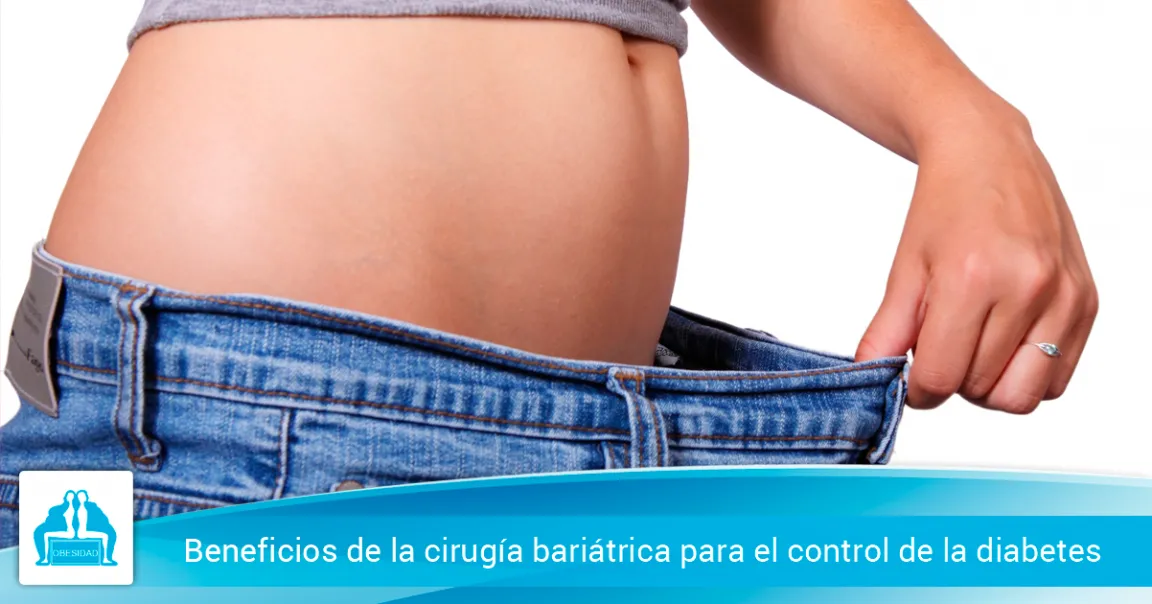During the last decade, bariatric surgeons have advanced in the realization of weight loss surgery that not only reverses obesity, but can also reverse type 2 diabetes in patients with both conditions.
Despite the dramatic improvements in the quality of life and the remission of diabetes, the number of patients undergoThe Brigham and Women (BWH hospital (BWH), in the United States.
This caused a collaboration between Tavakkoli researchers and the BWH to find a less invasive, but equally effective treatment to reverse type 2 diabetes, which can offer the same benefits as surgery, but that can have a broader attraction and application.
In an article published this week in 'Nature Materials', the team reports on the results of a preclinical study in which an oral agent was administered in rats to administer a substance that could temporarily cover the intestine to avoid the contact of nutrients with thecoating in the proximal intestine and avoid blood sugar peaks after food.
"We visualize a pill that a patient can take before a meal that temporarily covers the intestine to replicate the effects of surgery," says main co -author Jeff Karp, bioengineer and BWH principal researcher."In recent years, we have been working with our surgical colleagues in this idea and we have developed a material that meets an important clinical need," he adds.
The team members sought a starting material that had the correct properties to adhere to the small intestine and then dissolved in a matter of hours.They selected a substance known as Sucralfate, a medicine approved by the North American Medication Agency (FDA) that is used in the treatment of gastrointestinal ulcers.
A material that covers the intestine
The equipment also designed the substance in a novel material that can cover the intestine coating without requiring the activation of gastric acid.The engineering compound, known as Luci.
"What we have developed here is essentially 'Surgery in a pill'", summarizes the main co -author Yuhan Lee, scientist of materials in the BWH Medicine Engineering Division."We have used a bioengineering approach to formulate a pill that has good adhesion properties and can join the intestine very well in a preclinical model. And after a couple of hours, its effects dissipate," he adds.
The team discovered that once in the intestine of the rats, Luci can cover the intestine, forming a thin barrier that alters nutrient contact and reduces the response of blood glucose after a meal.After a meal, blood sugar levels increase and can be kept high over time.However, one hour after Lucl was administered to the rats, the response to glucose was reduced by 47 percent.The team found that this answer was temporary, and after three hours, the effect essentially disappeared.
The team is now testing the effect of the use of Luci in the short and long term on models of obese and diabetic rodents.They also plan to advance some of their pilot studies that show that Luci can be used to manage medications, including proteins directly in the gastrointestinal tract.
"Gastric bypass is one of the best surgeriesstudied in the world, and we know that it can provide many benefits, including positive effects on blood pressure, sleep apnea and certain forms of cancer, and a remarkably fast and independent improvement of the peso in diabetes -says Tavakkoli, main co -author of the main co -author of thestudy--.Having a transitory coating that can imitate the effects of surgery would be a great advantage for patients and their care suppliers. "


